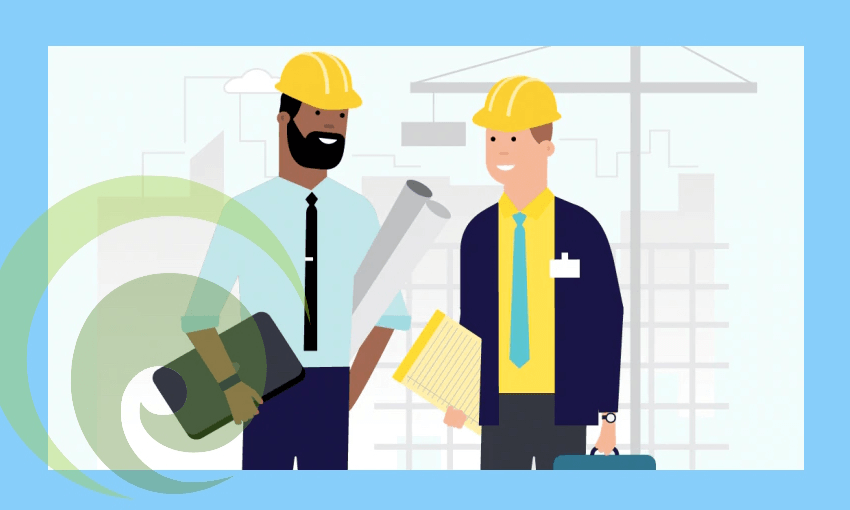Last December, the government procurement rules were updated, requiring that a minimum of at least 5% of government procurement contracts (by volume) should be awarded to Māori businesses from 2021. This should be celebrated, writes Height founder Warner Cowin.
When Māori and Pasifika people self-determine their economic destiny and participate meaningfully at all aspects of the supply chain, we all see significant benefits, including closing the economic gap and improving the statistics of those not in employment, education, or training.
Simply put, when we help Māori and Pasifika businesses to succeed, we help everyone succeed. So how do we do that?
What success looks like
When more Māori and Pasifika people are involved in construction and engineering projects, we help reduce our country’s disappointing poverty statistics. Only in the last quarter did our national unemployment rate hit 4.0% (the lowest since before the GFC of 2008-09); it’s still around 9.0% for Māori and 9.5% for Pasifika people. Māori experience homelessness at four times the rate of European-descended Kiwis, and Pasifika people around six times. And around a fifth of all Māori and Pasifika children are growing up in poverty. That’s not good enough.
How we solve these problems takes a big-picture approach, with a view to investing in more Māori-Pasifika businesses at all levels and focusing on secondary outcomes as much as primary ones.
Kāinga Ora, for instance, does great work building and maintaining quality, warm, and affordable homes and urban developments as part of their MO to contribute to thriving communities. When that’s done with mana – by honouring te reo Māori, tikanga Māori, and Te Tiriti o Waitangi – it generates incredible secondary benefits: more Māori-Pasifika people in highly-skilled and management roles; improved opportunities for school leavers and more training; the protection of native ecosystems; waterway and waste management improvement; the scaling-up of Māori businesses; safer communities and more quality home ownership.
Unbundle contracts
Most government work is currently done by corporate-level players, and some of them are doing great jobs of building mana in the industry (Downer and Fulton Hogan’s approaches to training and investment in their Māori and women workforce in particular deserve attention). Those jobs not completed by corporate-level enterprises – that is, about half of them – are the mum-and-dad businesses.
By unbundling contracts into smaller packages of work, you can open up opportunities for smaller businesses to step up and participate as well. It allows Māori and Pasifika businesses to enter the market, scale their business, grow relationships, and take on more apprentices.
Enable Māori businesses to be the drivers of change
What we’ve seen is that Māori and Pasifika businesses have a unique sense of pastoral care well suited to support our Māori and Pasifika workers; they’ll invite their workers to sleep on the couch and have meals in their homes, sometimes because it’s the safest place there is. Drop someone with a whānau-focused approach in a corporate setting and the bosses might not get a sense of the bigger picture. When someone comes in late, it’s not because they’re lazy; they might be the only driver in the house, so they’re also responsible for school runs or taking Nana to the hospital. Those obligations don’t always fit into the corporate box – but I’d argue that independence and growth to support our whānau is more important than anything.
Employing Māori and Pasifika businesses, especially when they’re most closely connected to the communities affected by a project, boosts engagement in training initiatives and improves our communities’ mental health. We see better employment for women and young people, and improvements to our national skill shortage (we were 80,000 people short for trades and engineers).
Create the better future you want
The demand for change is here, and the returns are clear. Every dollar we invest in our communities returns manyfold to our social economy, and creates a fairer, more sustainable, more equitable world for all of us.
If I imagine a better world ahead, it’s where larger contractors are helping SMEs train and support their staff (including maternity and paternity leave, upskilling, thriving wages); it holds contractors to account and expects them to improve manaakitanga, Te Aranga, whai hua and te taiao. It sees Māori and Pasifika people not just in the boots on the ground, but also in the high value, white collar jobs too, steering great projects in a way that creates mana. Let’s make it happen.





